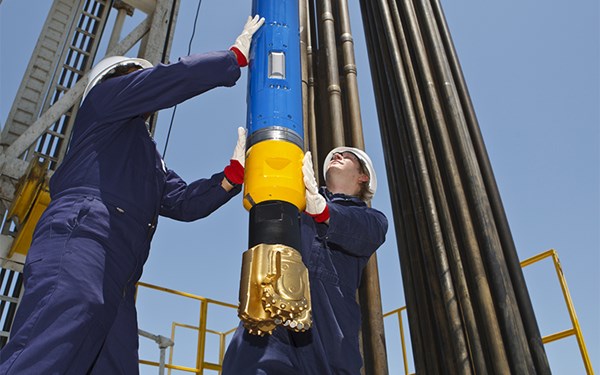Russia to pay Belarus more than $60 million for dirty oil
Russia and Belarus have signed a protocol on compensation for the dirty oil which ended up in the Druzhba pipeline in spring 2019, based on a calculation of $15 per barrel, said Vladimir Sizov, deputy head of the Belarusian state oil concern Belneftekhim, as cited by BelTA.
The compensation rate applies to 563,000 tons of dirty oil that was processed by the Mozyr refinery, Belneftekhim spokesperson Alexander Tishchenko explained to RBC. In this way, Belarus could receive $61.6 million from Transneft. This is the maximum compensation for the dirty oil, and there is no talk of any additional payments, Tishchenko added. Recently Belarusian Ambassador to Moscow Vladimir Semashko said that the Belarusian company is expecting around $70 million in compensation for its losses.
Belneftekhim will continue to supply Transneft with technical documents confirming the equipment damage caused by the dirty oil, the Belneftekhim spokesperson noted. Transneft’s spokesperson did not respond to a request for comment.
News came out in April 2019 that around 4 million tons of oil with a high concentration of the toxic compound dichloroethane had been delivered from Russia through the Druzhba pipeline to Belarus, Ukraine and Poland. In July, Transneft’s board of directors confirmed that it would pay buyers and suppliers a maximum compensation of $15 per barrel. The company has already settled with several suppliers – the Russian company Lukoil, the Kazakh company KazTransOil, and the Hungarian company MOL.
After the incident, Belarus pumped 1.2 million tons of contaminated oil back to Russia. As compensation, the company received the same quantity of clean oil. Belarus also implemented an unscheduled transit tariff hike of 3.7%, said Belneftekhim Chairman Andrey Rybakov. But the matter of compensation for the Mozyr refinery, which also received dirty oil, has been “on hold”, the senior manager admitted.
Transneft and Russian officials have repeatedly affirmed their willingness to pay compensation for the dirty oil supplied to the Mozyr refinery, but every time they have claimed that the Belarusian company has not yet supplied the necessary documents. “All of this is still on hold, because the Belarusian party needs to provide us with documentary confirmation of the damage amount. When we receive these documents and see these figures, it will be clear how much, what, and in what time frame,” Transneft President Nikolay Tokarev told the press at the end of January. According to him, this is also the reason why negotiations are still underway with the company’s Polish partners, with Suprugneftegaz, and with Rosneft.
Belarus estimates the losses caused by the dirty oil much higher, but its estimates take into account the overall effect that the Druzhba incident had on the economy. In 2019, the country’s exports declined by $2 billion due to the dirty oil and oil product export restrictions imposed by Russia, said Belarusian Foreign Minister Vladimir Makei on Tuesday, February 25.
In autumn 2019, the S&P rating agency revised its economic growth prediction for Belarus down from 2 to 1.2%. The primary cause was the contaminated oil’s negative effect on the national economy, since it caused a reduction in the quantity of oil that was refined, analysts note. The export quantity of Russian oil to Belarus fell by a total of 2.2% in 2019 to 17.6 million tons.
The confirmation of the compensation amount for the dirty oil is the second thorny issue that Russia and Belarus have dealt with this year. Last week Moscow agreed to partially compensate Belarus for the revenue it is losing due to a tax maneuver in Russia – around $48 million out of $430 million. Russia is only willing to pay the full compensation following further integration between the two countries, which Belarusian President Alexander Lukashenko has described as “absorption” and “arm-twisting”.
